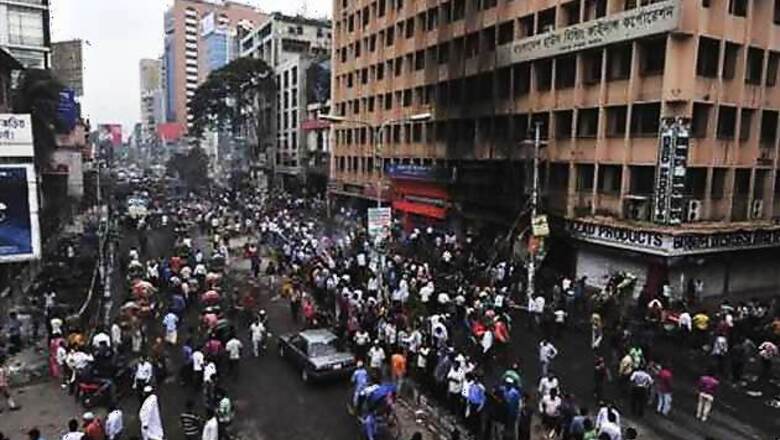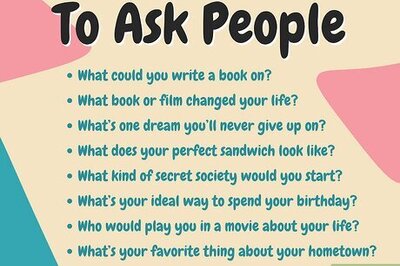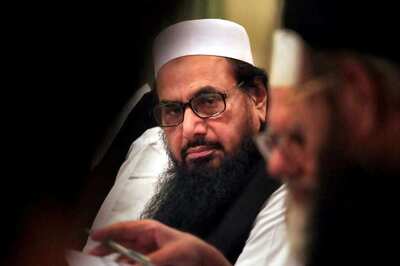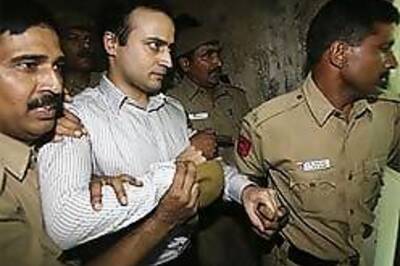
views
Dhaka: At least 20 Bangladeshis were killed on Monday in clashes between police and hardline Islamists demanding religious reforms, as violence spread beyond the capital Dhaka to other parts of the country.
The clashes began on Sunday after 200,000 Islamist supporters marched in Dhaka to press demands critics said would amount to the "Talibanisation" of a country that maintains secularism as state policy, but they were met by lines of police firing teargas and rubber bullets.
On Monday, hundreds of protesters, many wearing white Muslim skull caps and throwing stones, re-grouped and police fired teargas, rubber bullets and water cannons to disperse them.
Protesters set fire to vehicles, including two police cars, and stormed a police post on the outskirts of the capital, police said.
Two policemen and a member of a paramilitary force were among the 13 people killed in the capital, said police official Shah Mohammad Manzur Kader.
Five more died in the southeastern city of Chittagong after police opened fire on protesters attacking their station and two were killed in Bagerhat in the south.
On Sunday, four people were killed and hundreds injured in the clashes, according to hospital officials.
UN Secretary-General Ban Ki-moon called on all sides to end the violence and express their views peacefully.
"The Secretary-General urges political and religious leaders to engage in constructive dialogue and help defuse the tensions," he said in a statement.
The protests are led by a group called Hefajat-e-Islam, which set the government a May 5, 2013 deadline to introduce a new blasphemy law, reinstate pledges to Allah in the constitution, ban women from mixing freely with men and make Islamic education mandatory.
The government of the overwhelming Muslim country has rejected the demands.
The clash of ideologies could plunge Bangladesh into a cycle of violence as the two main political parties, locked in decades of mutual distrust, exploit the tension between secularists and Islamists ahead of elections that are due by January, 2014.
Bangladesh has been rocked by protests and counter-protests since January, when a tribunal set up by the government to investigate abuses during a 1971 war of independence from Pakistan sentenced to death in absentia a leader of the main Muslim party, the Jamaat-e-Islami.
Jamaat opposed Bangladeshi independence from Pakistan in the war but denies accusations that some of its leaders committed murder, rape and torture during the conflict.
The Hefajat-e-Islam emerged from the protests over the tribunal.
More than 100 people have been killed in the clashes this year, most of them Islamist party activists and members of the security forces.
The troubles have cast a shadow over economic prospects at a time when industrial accidents, such as the April 24 collapse of a garment factory complex where more than 600 people died , are raising questions about investing and buying cheap products from the country.

















Comments
0 comment